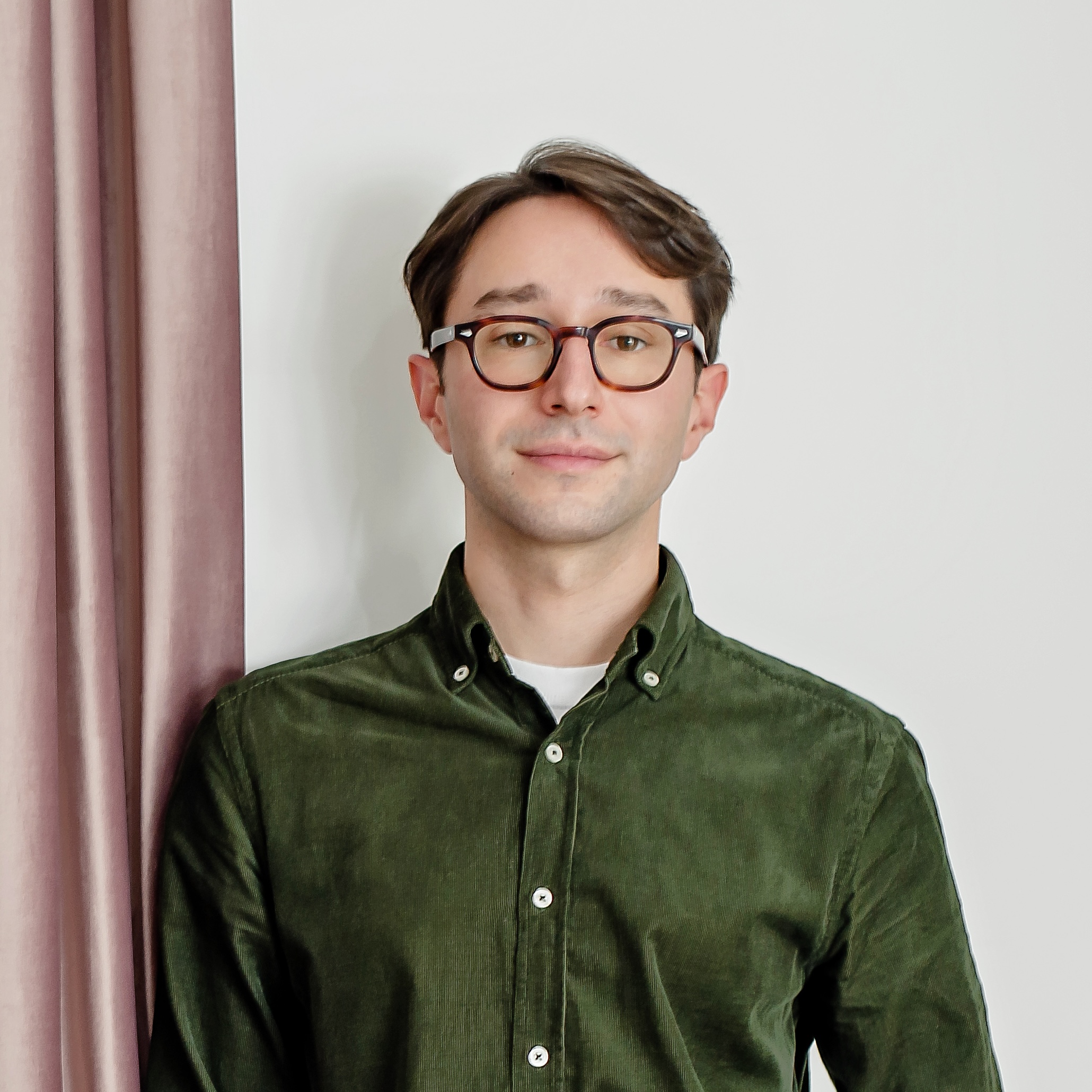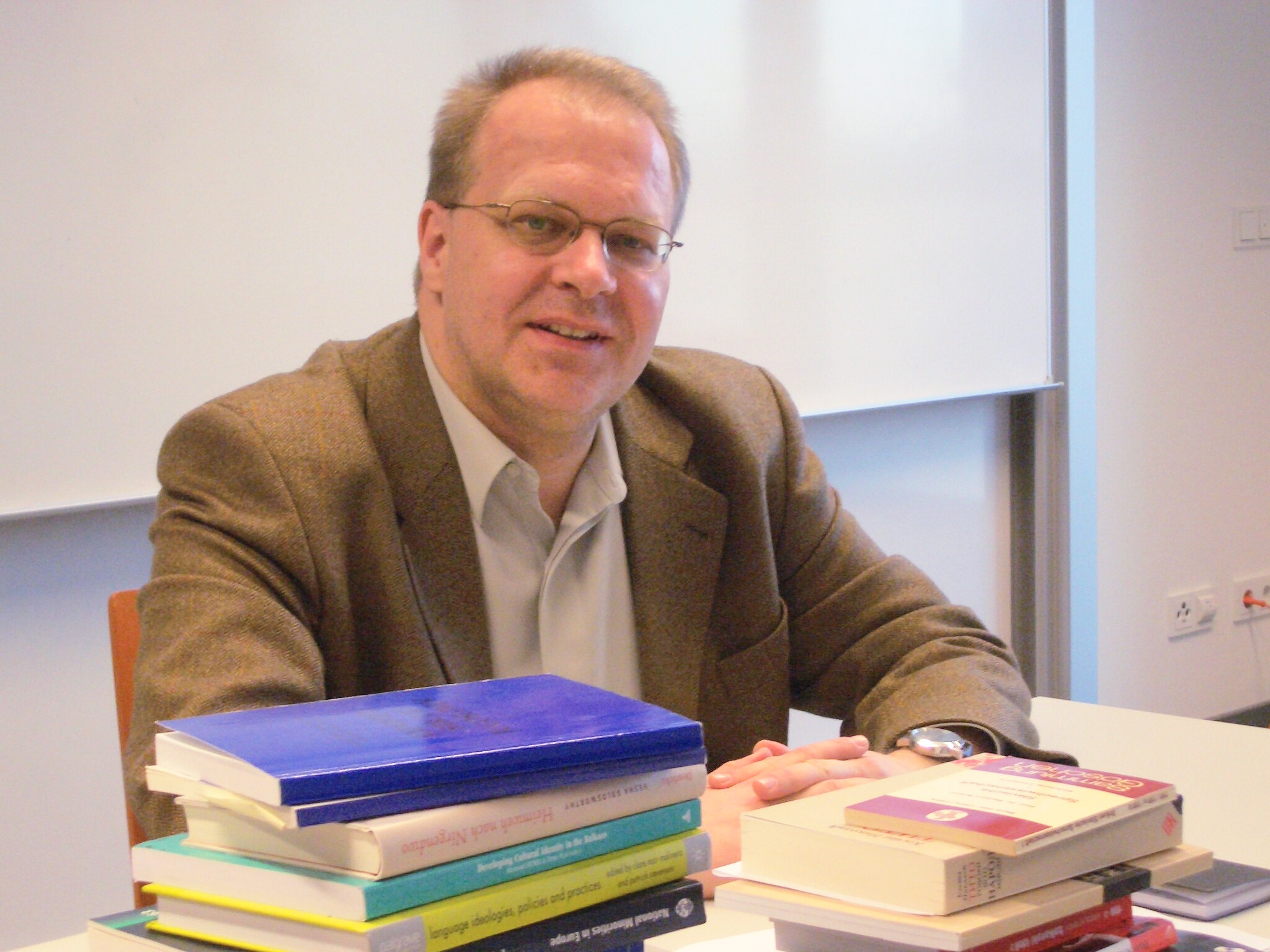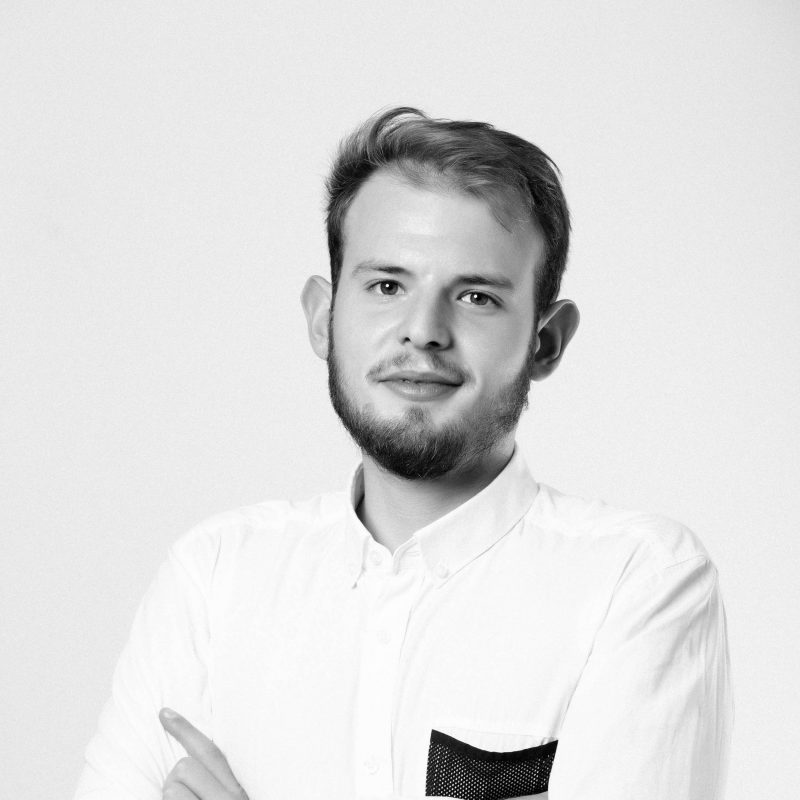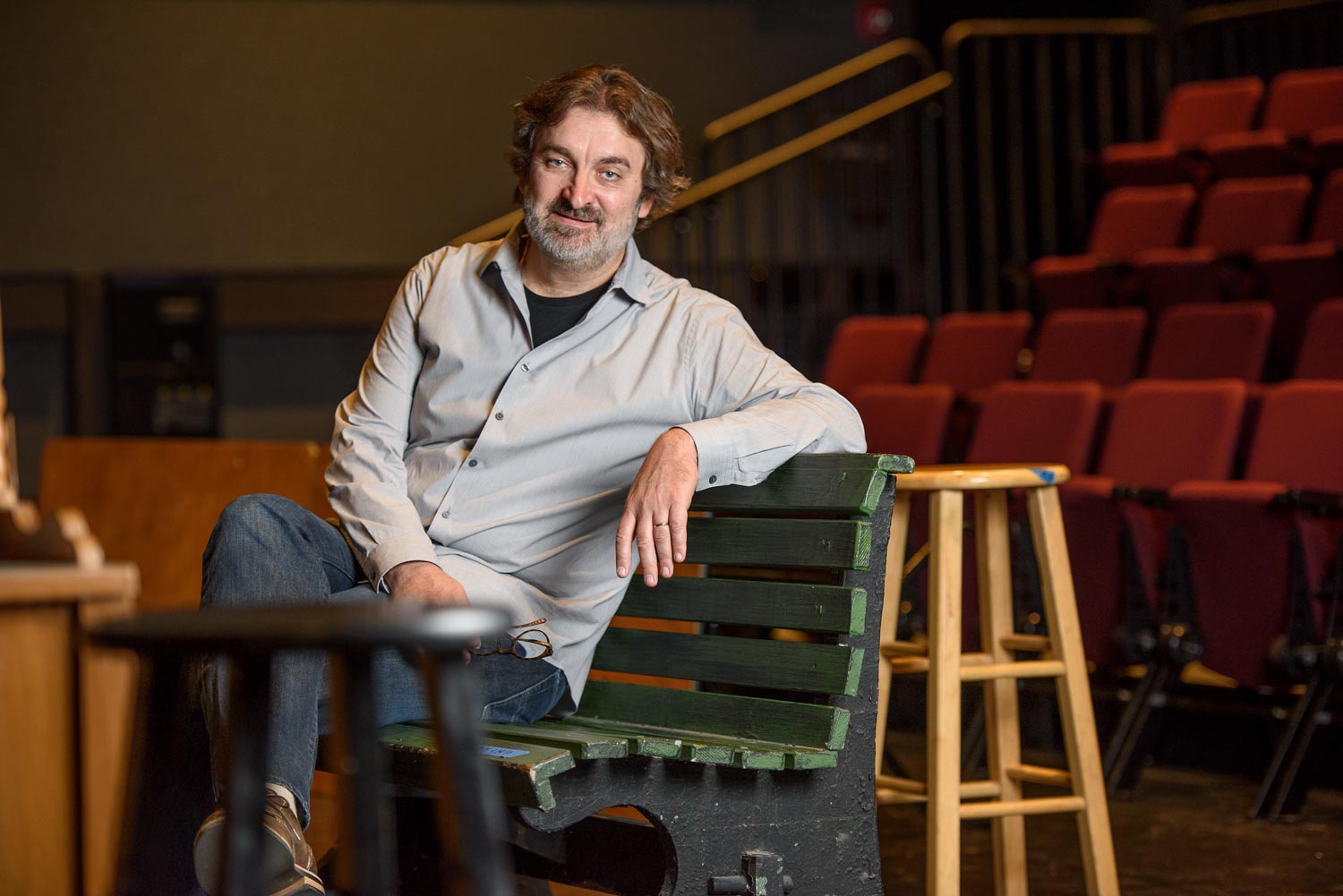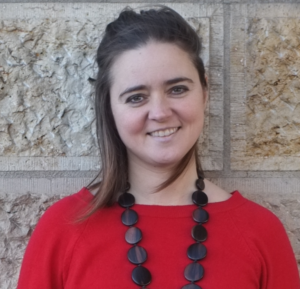
Eszter M Polónyi
Eszter M Polónyi is an ARRS Fellow in Cultural History at the University of Nova Gorica, Slovenia and a Visiting Lecturer in Media Archaeology at the University of Udine, Italy. Eszter's research focuses on questions of sensory perception and form and visuality as these appear in operational images emerging at the intersection of early twentieth-century film, photography and science in the region of East Central Europe. Her publications about early twentieth-century forms of visuality and have appeared in Apertura, Iluminace, The New Review for Film and Television and several forthcoming volumes on early film theory and film history. She is currently leading a Slovenian National Research Agency-funded project entitled An Archaeology of Identity Photography. Her research has been supported by the Mellon Foundation, the SSRC, DAAD, the Institut für die Wissenschaften vom Menschen in Vienna and the Polish Institute of Advanced Study.
CAS SEE Seminars with Guests: Eszter M. Polónyi
On Thursday, June 30th at 12 am (CET), we will host the CAS SEE Seminar with Eszter M Polónyi, presented by our Fellow Alenka Ambrož.
In an era of total surveillance, being in possession of a biometric ID document can still result in denial of one’s basic civil protections and human rights. The discovery of systematic errors in state-implemented facial recognition programs—such as in recognizing faces of color (Joy Buolamwini)—suggests the failure of current practices of global intelligence and mobility. This paper offers an archaeological investigation of the contemporary photo ID document. Returning to its invention in the 1920s, it examines the issues of conjectural knowledge (Carl Ginzburg), embodiment or tact (Béla Balázs) and the optical unconscious (Walter Benjamin) behind early “physiognomic” media.
UNIRI The Moise Palace: Cres Island
An education center of the University of Rijeka. A five-hundred-year-old patrician townhouse and the largest Renaissance palace on the Croatian islands. A venue and forum for various scientific and research activities, it welcomes visiting academics, students and scholars.

